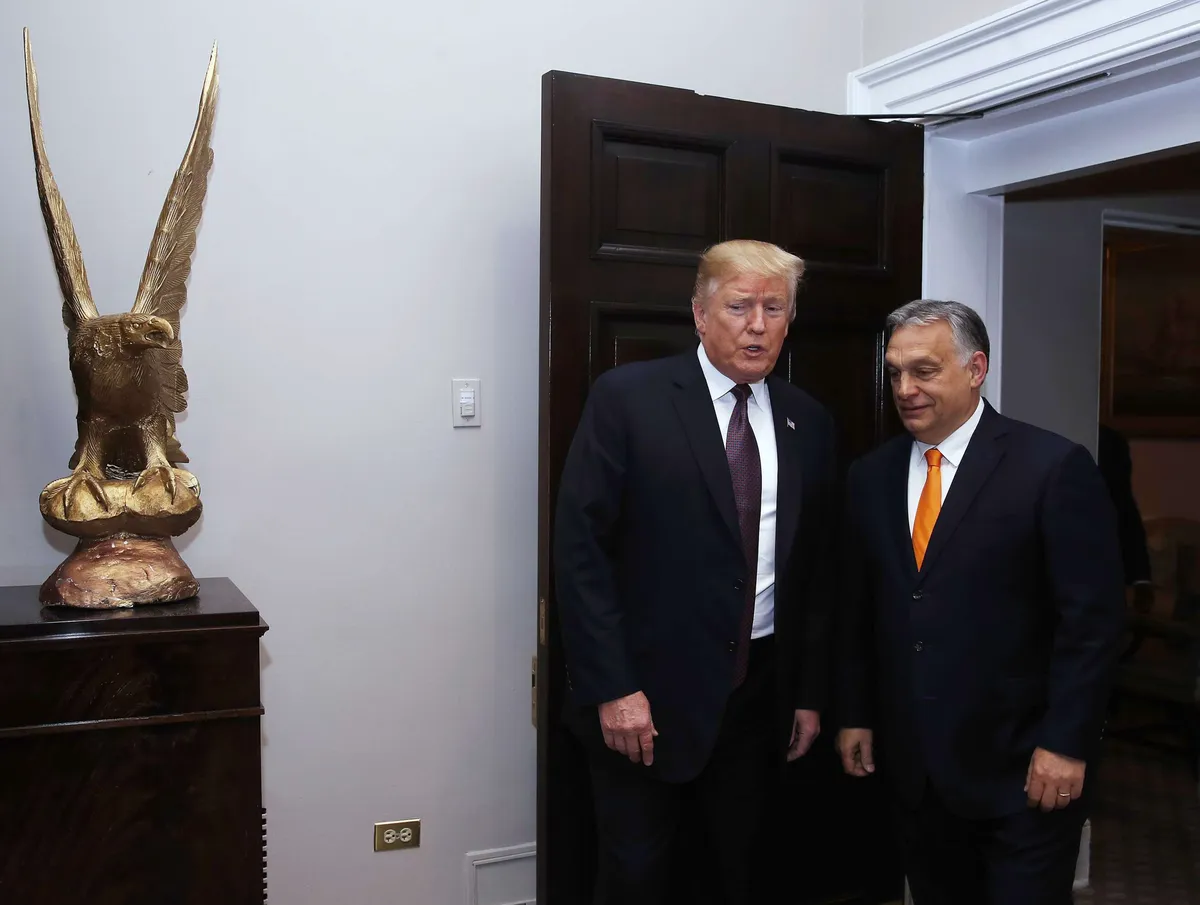Hungary’s economy has been strained due to its historically tense relations with the United States, which are reflected in the country’s diplomatic and political landscape. In March, Hungary marked 25 years since joining the NATO defense alliance, an event attended by American ambassadors, local democracy advocates, researchers, professors, and former ministers. Prime Minister Viktor Orban was notably absent from the celebration, despite being instrumental in leading Hungary into NATO in 1999. The American ambassador emphasized Orbán’s commitment to a democratic future as part of the West, even though US-Hungary relations remain strained.
Around the time of the celebration, Orbán visited the United States as a guest of former President Donald Trump but did not meet with the Biden administration. This strained relationship between Hungary and the United States has created uncertainty in Hungary’s economy. Professor Peter Mihályi from Corvin University of Budapest noted that US displeasure with the Hungarian government is a significant factor affecting economic growth in Hungary. The strained diplomatic relations could also have implications in Brussels and affect other EU countries.
In recent years, Hungary has turned towards Eastern investment opportunities as Western investors have become increasingly dissatisfied with how they are treated in the country. While Germany was once a loyal investor in Hungary with strong support from Chancellor Angela Merkel, sentiments have shifted significantly among German industrial management. Some foreign investors like an Austrian company affiliated with Spar have publicly expressed their dissatisfaction with how foreign investors are treated in Hungary. This discontent has not just been limited to EU countries but has also been felt among Western investors.
Despite these challenges, Western companies are still investing in Hungary albeit with some adjustments. Transparency International highlighted that while there may be some changes to investment climate due to new taxes targeting foreign companies particularly introduced by Chinese projects that have introduced secrecy culture in Hungary; however, it is not drastic change yet and foreign companies are adapting to it accordingly.
The future of Hungary’s economy may be influenced by its diplomatic relations with Western countries and investment climates.
In conclusion, despite historical tensions between Hungary and the United States reflecting on its economy today is undeniable. It remains to be seen how these relationships will evolve over time and whether they will improve or further strain business opportunities for foreign investors
